5 BODYBUILDING SUPPLEMENT SCAMS & MYTHS TO AVOID
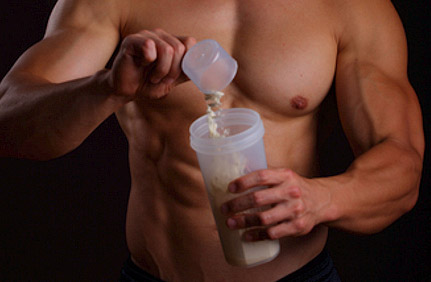
You work hard for your money, and you deserve to spend that money on the things in your fitness program that really matter, such as your gym membership, proper foods and supplements that actually work.
In this article, I’m going to outline 5 very popular products that may sound great on paper, but that are almost certainly a waste of your cash.
Some people tend to react defensively when you tell them that a supplement they’ve been using for many years is a waste of money, but remember, this information is being presented tohelp you and to give you the opportunity to divert that money to something more useful.
Here we go…
Testosterone Boosters
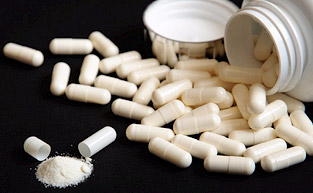
The reality on this one is pretty simple…
Aside from the use of actual anabolic steroids, there’s really no way for you to increase your testosterone levels to any significant degree via “natural” supplementation.
Tribulus, d-aspartic acid, longjack, avena sativa… these popular products might provide a small boost to your bottom line test levels (though DAA is the only one with good supportive research behind it), but it’s not going to be anywhere near the several hundred to 1000+% necessary to induce positive effects on strength or muscle growth.
Most people seem to overlook the fact that “boosting testosterone” in and of itself doesn’t really mean anything. Not only does it have to be boosted, but it also must be boosted to a level high enough to directly enhance muscle hypertrophy and gym performance. As of right now, there’s nothing you’ll find on the shelves of your local supplement store that is going to accomplish that for you.
If you want to keep your testosterone levels maximized, it all comes down to a few basic steps: train hard, sleep well, get your vitamins/minerals and keep your fat intake at a sufficient level (20-30% of total calories).
Most of the nitty-gritty details you try to manipulate beyond this just aren’t going to make much of a difference.
For my complete breakdown of the essential uselessness of testosterone boosters for bodybuilding specific purposes, check out this article.
L-Glutamine
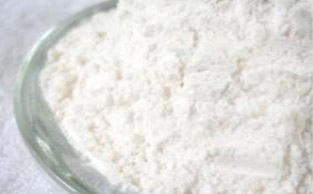
Glutamine has been a staple part of bodybuilding supplement plans for decades.
Though many bodybuilders swear by it, the concrete research on glutamine supplementation is fairly extensive, and quite frankly, pretty lackluster.
First off, a huge chunk of orally consumed glutamine never even makes it to your muscles at all and is instead used as energy by the intestines. The percentage will vary but has been shown to be as high as 65%.
Secondly, around 10% of your total protein intake is already made up of l-glutamine. That means if you’re consuming 200 grams of protein per day, you’re already taking in 20 grams of l-glutamine right there. (And don’t make the mistake of assuming that if “some is good” then “more must be better”).
Thirdly, virtually all of the standard claims made about l-glutamine’s bodybuilding effects (increased protein synthesis, enhanced immune function, improved growth hormone secretion and faster glycogen replenishment) have all been systematically debunked over a myriad of studies.
If you’re still not convinced, you can get my full l-glutamine review along with plenty of references right here.
L-Arginine (“Nitric Oxide Boosters”)
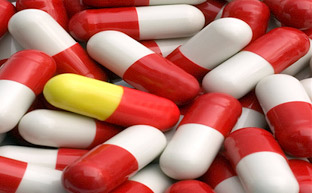
The basic idea behind “N02 products” is to enhance oxygen delivery and blood flow to your muscles in order to increase nutrient uptake and give you a “permanent pump” that lasts all throughout the day.
They’re usually based off of different forms of the amino acid l-arginine, with l-arginine alpha-ketoglutarate being the most widely used.
It’s a great gig for the dishonest supplement companies out there, since l-arginine is a dirt cheap ingredient and can be easily added to pre-workout formulas and other products to hype up labels and keep production costs down.
Unfortunately for you as the consumer, there is currently zero research showing a positive relationship between l-arginine supplementation and increases in nitric oxide or muscular performance. That’s correct, none.
If you’re looking for a truly effective way to enhance your pre-workout strength, energy and focus, go with a blend of caffeine anhydrous (100-200mg), l-tyrosine (1-3 grams) and acetyl l-carnitine (1-2 grams) taken about 30-45 minutes before your session.
Weight Gainers
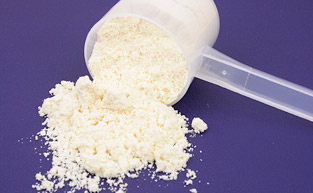
Although there’s nothing inherently wrong with consuming a weight gain powder in controlled amounts, just keep in mind that all they really are is a basic mix of whey protein and simple sugar.
A far more nutritious and better tasting option is to purchase a whey protein powder on its own and then blend in your own carbohydrates and healthy fats.
Oatmeal, fruit, natural nut butters and healthy oils (like flaxseed oil or extra virgin olive oil) are all great options.
This will give you the high calorie density that you’re after while providing your body with a good dose of vitamins, minerals, phytonutrients and fiber, rather than a bunch of nutritionally void sugar in its place.
Here’s one of my favorite homemade weight gainer shake recipes…
* 10 ounces skim milk
* 2 scoops whey protein (chocolate, strawberry or any flavor you like)
* 1/2 cup oatmeal (pre-blend separately first, then add to the shake and blend in again)
* 1 large banana
* 2 tablespoons natural peanut butter
* Pinch of cinnamon
* 3-4 Ice cubes
(Nutritional info: 804 calories, 77g protein, 79g carbohydrates, 20g fat)
“Advanced” Forms Of Creatine
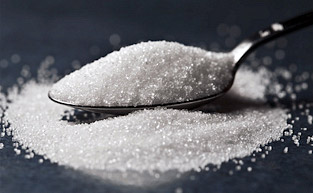
Creatine is the most widely researched and most result-producing muscle building compound in existence. It’s been widely used by bodybuilders and athletes since the mid 1990’s and is most commonly sold in the form of creatine monohydrate.
Over the last decade, companies have been releasing new “breakthrough” forms of creatine that are supposedly more effective than the original monohydrate form. This includes creatine ethyl ester, creatine hydrochloride, buffered creatine, creatine nitrate and creatine malate.
But don’t let the marketing hype fool you; not a single study has ever been performed that has shown any of these “advanced” forms of creatine to deliver any benefits above and beyond the monohydrate form. In fact, several studies have shown certain forms (such as ethyl ester) to actually be inferior.
Creatine monohydrate is safe, free of side effects, does not cause cramps or bloating like some companies claim, and has an absorption in humans of over 99%. You can’t really get much better than that.
Not only that, but it’s the most cost effective form as well. Virtually all of the “new and improved” creatines will run you in the range of 5-10x more for a product that delivers equal or even worse effects.
If you want to obtain all of the benefits that creatine has to offer, stick with 3-5 grams per day of a high quality, German-grade micronized creatine monohydrate.
Other (Dis)Honorable Mentions
Though I won’t go into specific detail on these, here’s a quick list of a few more supplements you’ll likely want to steer clear of for bodybuilding purposes as well:
– HMB
– Methoxy
– Ecdysterone
– Myostatin Inhibitors
– Waxy Maize (and any other type of “post workout” carbohydrate powder)
– Chromium Picolinate
– D-Ribose
– Vanadyl Sulphate
– Low Quality Protein Bars
– Growth Hormone Boosters
– DHEA
Wrapping It Up
If you want to save a good chunk of money and divert it to things that will actually benefit your bodybuilding program (and your life), I’d highly recommend that you steer clear of these 5 supplements as they’re likely doing nothing more than thinning out your wallet.
Supplementation is an effective way to optimize your training performance and bottom line results, but there are a lot more crappy products out there than there are good ones.
For a complete breakdown of my specific supplementation recommendations, check out my Recommended Stuff page.
If you found this article helpful, make sure to sign up for your FREE custom fitness plan below...




